The UC Strike: A New Generation Rising in the Labor Movement
The UC Strike
A New Generation Rising in the Labor Movement
By the National Public Education Committee of the League of Revolutionaries for a New America
In November, 48,000 academic workers – graduate students and post-docs – went on strike for six weeks against the University of California, part of a new strike wave across the United States and Europe. The UC strike was the largest higher education strike in U.S. history.
Breaking with conservative trade union norms, the graduate students made housing a central demand. Traditional “union issues” pertain to conditions in a single workplace, but the housing crisis is a political imperative that affects the entire working class. Almost everyone in the United States is being victimized by predatory corporations that have turned housing into a financial commodity.
The UC academic workers struck not as students, but as a contingent workforce with little job security. They are part of a new generation that is entering the labor movement, including workers at Amazon, Starbucks, Uber, and other gig workers. Many in this rising movement understand that the tactics of labor/management cooperation can no longer work.
Graduate students do most of the teaching, grading and research throughout the 10 UC campuses. For more than a century, the UC has relied on the exploitation of academic labor to become a central institution in not only public research, but also the capitalist production process. The UC system was established in the industrial era, a time when public education was necessary to make the United States a manufacturing giant and expand capitalism. At its inception, the UC was designed to be a free public institution developed to educate huge numbers of new workers.
However, since deindustrialization, the university has become increasingly privatized. In our digital era, dominated by financial speculation, jobs are increasingly temporary and precarious. These new conditions require new modes of struggle. The strike reveals the desperate need to build a new political force in this country to counter the corporate power that drives politics today.
Largest Landlord in California:
UC graduate students are almost all rent-burdened, meaning they spend more than a third of their income on housing. Some grads in UC housing pay 80 percent of their salary back to the University as rent. Graduate students are paid around $23,000, but they need to make roughly $54,000 for the majority to escape the rent burden in California. The UC is capable of paying its workers a living wage. Meeting all the strikers’ demands, including a $54,000 wage for graduate students would cost only 2 to 5 percent of the UC operating budget of some $44 billion. The university also has a $100 billion endowment. There is plenty of money.
Rent-burdened strikers demonstrated in front of the mansions of UC chancellors who recently received six-figure raises! As the strike reached finals week, grads occupied buildings across their campuses. In Riverside, they seized the administration building and declared it to be Graduate Student Housing!
For decades, California has steadily cut funding to the university while expecting that it would admit more students and charge them more along the way. The cuts are designed to be replaced with corporate grants that give the industry control of the system’s lucrative research. The scale of the state’s disinvestment has been breathtaking. In 1980-81, 87 percent of the university’s core budget came from Sacramento. Four decades later, state funding had plummeted to no more than 39 percent of the core budget. Making matters worse, much of the lost revenue has been replaced by income from student tuition, student fees, and … charging students rent.
UC is not only the largest landlord in California, but it has actively contributed to a housing crisis. University housing controls nearly 150,000 beds. UC also manages 5 billion dollars in real estate investments, including properties they own directly and rent out for profit in UC communities.
Before it became heavily privatized, UC housing was inexpensive, but this is no longer the case. In July, the UC regents increased rents by up to 60 percent at the UC Santa Cruz campus, after flipping a 100-plus unit apartment building less than two miles away. The building was purchased through a shell company called Regency Properties Broadway, a strategy used by large landlords like UC to conceal their identities and evade liability. Tenants figured out on their own that this shell company was registered to the same address as the Oakland headquarters of the UC Regents.
This investment strategy has proven so lucrative that UC’s long-term goal is to increase its real estate positions by nearly 50 percent. The UC Regents have even proposed establishing their own property management company. One of its objectives would be to manage for-profit housing adjacent to its own campuses. According to notes from a UC regents meeting, UC is always “looking for opportunities to invest near UC campuses.” Just after the strike ended the UC invested $4 billion into Blackstone’s (the world’s largest landlord) Real Estate Investment Trust (BREIT), which owns four corporate student housing companies.
Business-Union Sabotage:
The strikers were organized under the United Auto Workers (UAW). For generations, the top leadership of this union has adopted the business-friendly policies of corporate unionism that dominate the trade union movement today. They run the unions with top-down corporate policies and constrain workers’ demands to the narrowest limits that suit corporate profits.
As the strike reached finals week, when the grads had the most power by withholding grades and threatening UC’s accreditation, the UAW leadership caved. It reduced its demand for a wage increase to $34,000 by October 2024 and then stampeded the membership to accept the offer.
The UAW also accepted a two-tier contract, where grads in elite schools get paid more than others! Every trade unionist knows that two-tier contracts split the union and paralyze the membership. Many union members will not even see the wage increase because it will be spread over two years and since grad students are an itinerant labor force that regularly moves on. The union also dumped demands for regular cost of living adjustments, disability access, cops off campus, smaller class sizes and the right to strike in solidarity with other workers.
This conciliation raises the bigger question: Why did UC go so hard and why did the UAW cave? The issue is one of political power and corporate profits. People under 40, both millennials and Generation Z are increasingly anti-capitalist and increasingly demand that the United States guarantee the basic needs of life to everyone. In the eyes of the corporate world, the demand for doubling their salaries was unprecedented and could not be allowed to stand.
Grad students were the backbone of the strike and envisioned a radically different university system. They demanded that the UAW address the needs of students who are being pushed out. Many grad students and UC students recognize the gravity of the multiple crises that threaten humanity. Higher education, and public education in general, creates people and builds the next generation, one that has no choice but to transform the world. A public education system that is accessible, vibrant, and democratic is an immense threat to an economic system that cannot resolve the crises it creates.
The same financiers who are profiting off commodified housing are buying out and slowly destroying public education, from pre-K to K-12 to higher ed. They are making life ever more precarious for hundreds of millions in this country. This is symptomatic of a system that intends to support private profit and have the government get out of the business of supporting people. That is what is behind voter suppression, killer cops, a country flooded with guns and drugs, denial of health care and public education, denial of abortion rights and of personal control over one’s own body, war, environmental destruction, the privatization of water, gutting of Social Security and shrinking of the government.
The result then is a rising surge of millions of people today who are in fact an unprecedented social force that has no choice but to become aware of its political power. During the strike, the UC grad students represented this rising political consciousness. Win or lose, each battle, each step forward drives home the lessons that humanity will have to fight politically to make public everything that corporations deny us.
In the words of the recent Declaration of Santiago, Chile, the future will be public!
March/April 2023 Vol33. Ed2
This article originated in Rally, Comrades
P.O. Box 477113 Chicago, IL 60647 rally@lrna.org
Free to reproduce unless otherwise marked.
Visit Rally
Let’s talk – https://lrna.org/contact-us/
“As people struggle to survive war, climate catastrophe, poverty, and pandemic, a new fascist state form is arising to crush us – the naked rule of corporate power.” ..”The battle is a class struggle because the ruling class is the enemy of humanity and the earth itself.” from the Program of the League of Revolutionaries for a New America:
https://lrna.org/lrna-program/

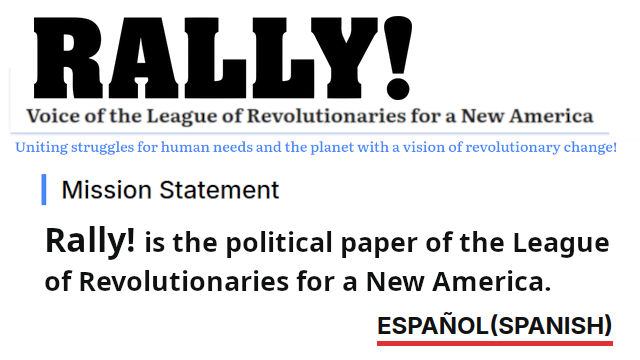
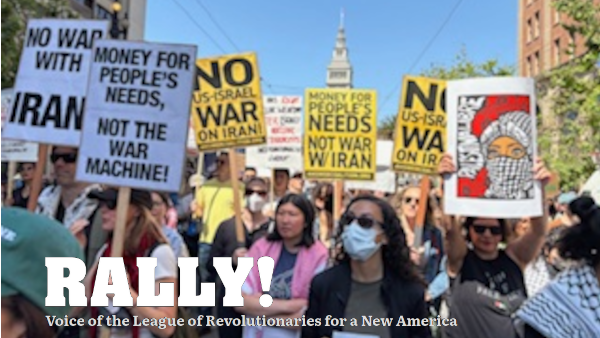

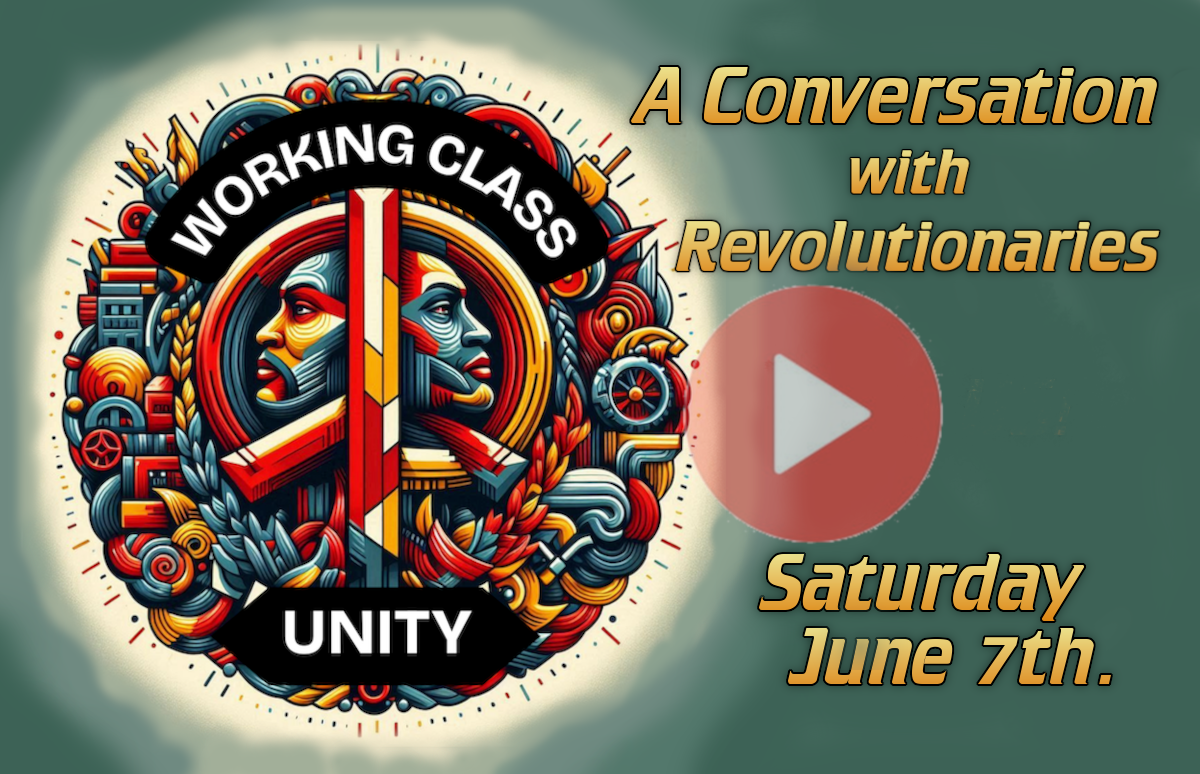




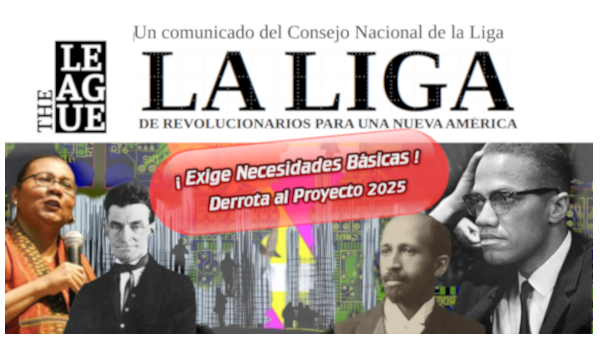
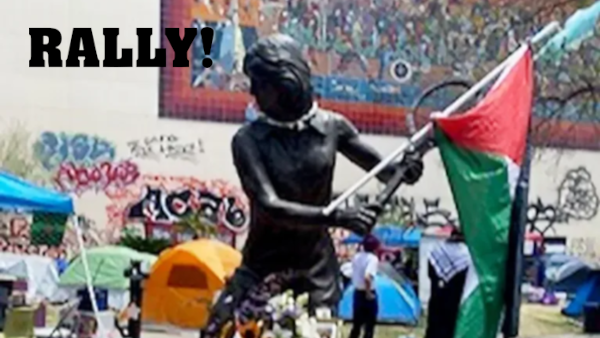
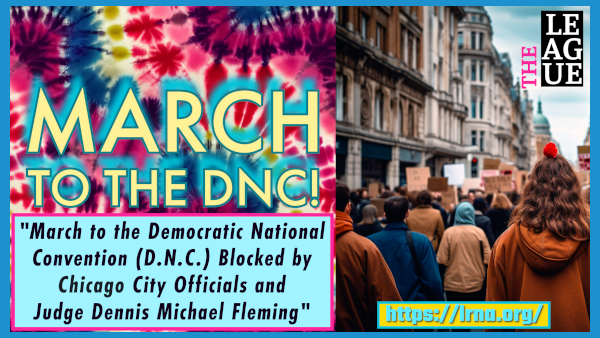

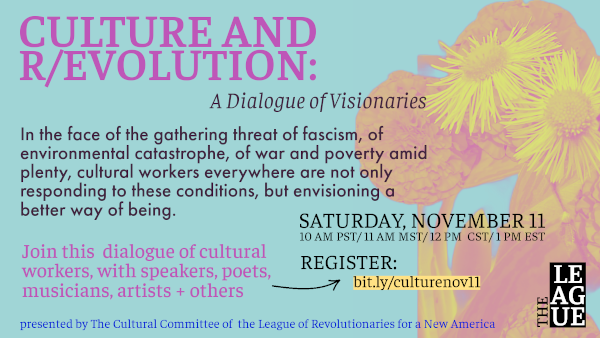
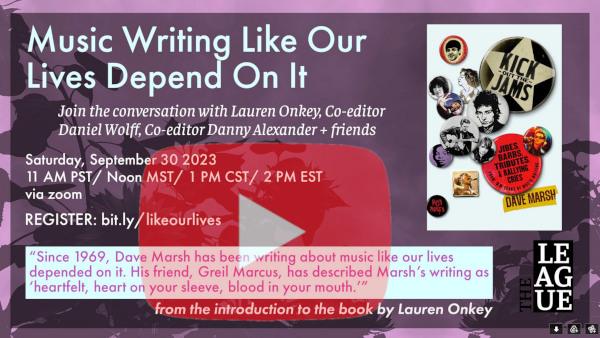
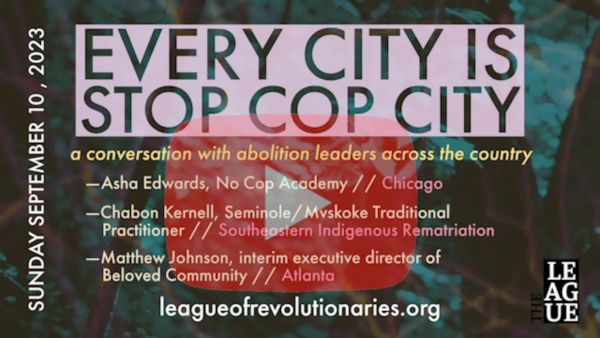



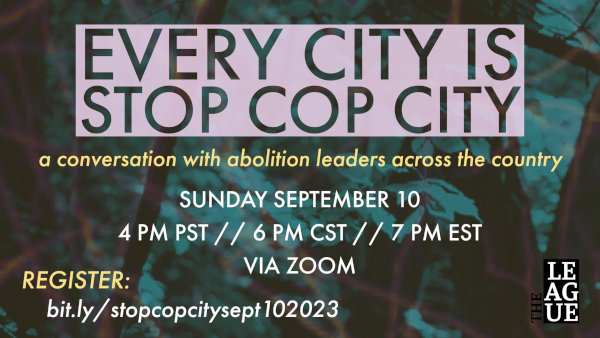

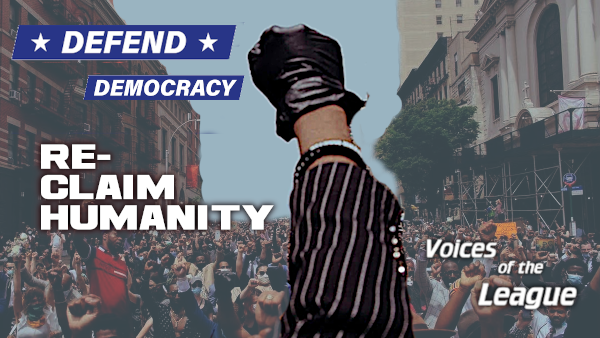


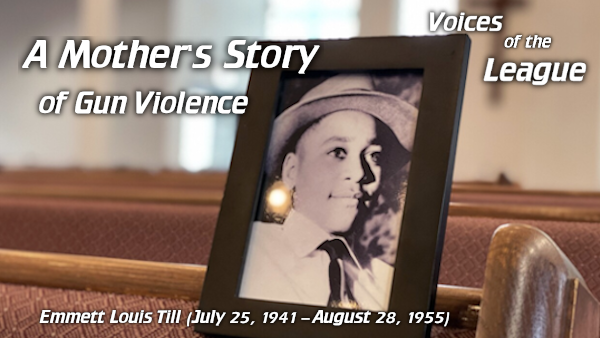
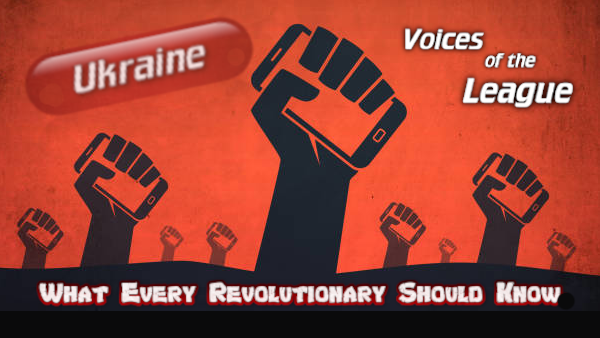
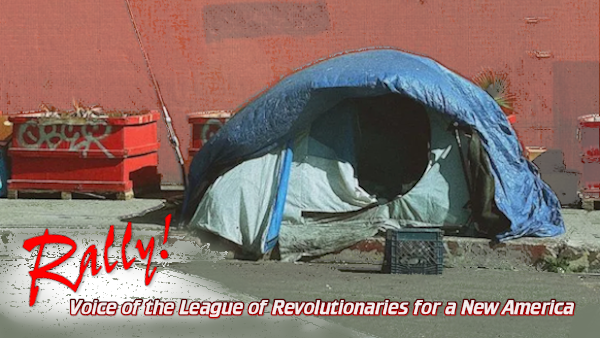
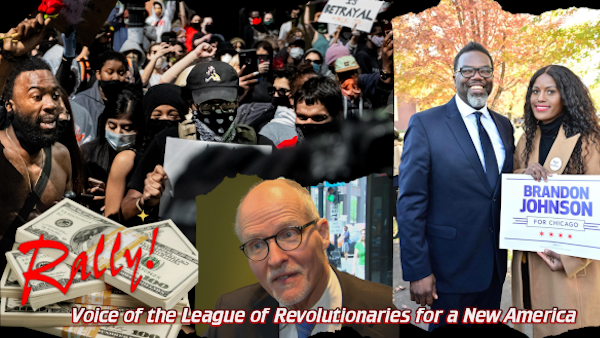
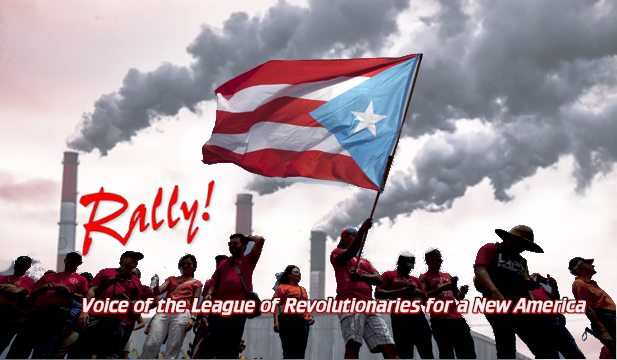
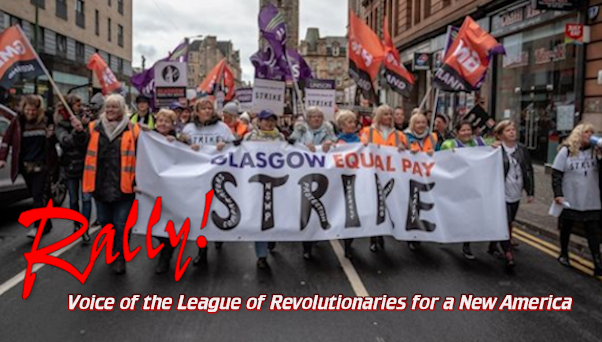
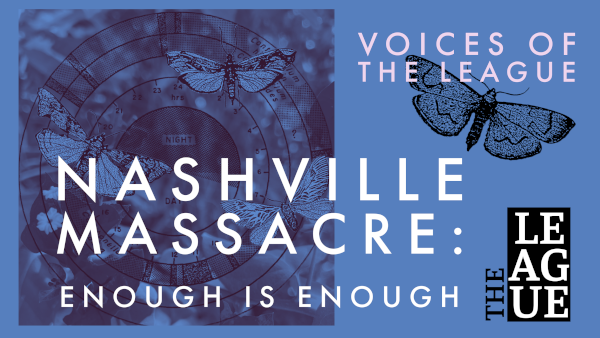
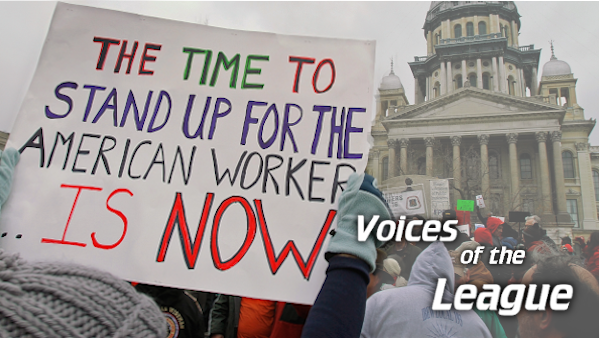
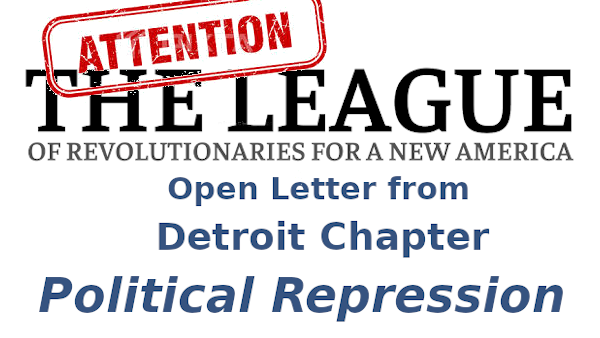


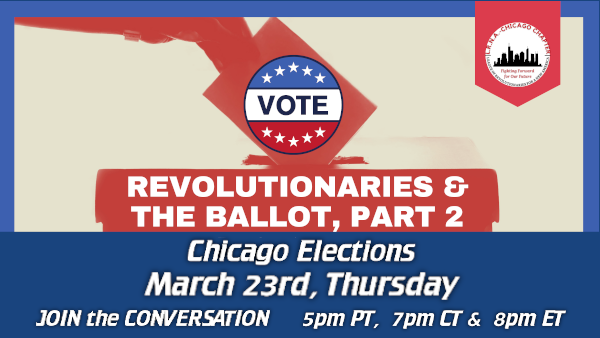
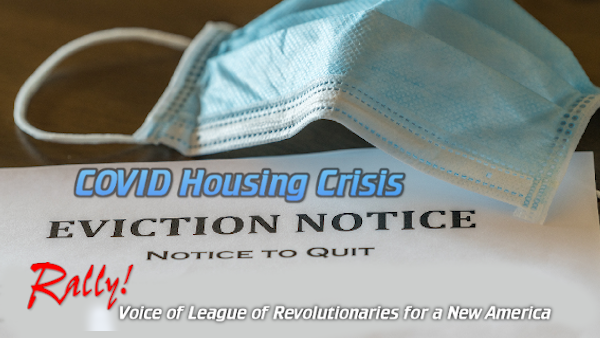
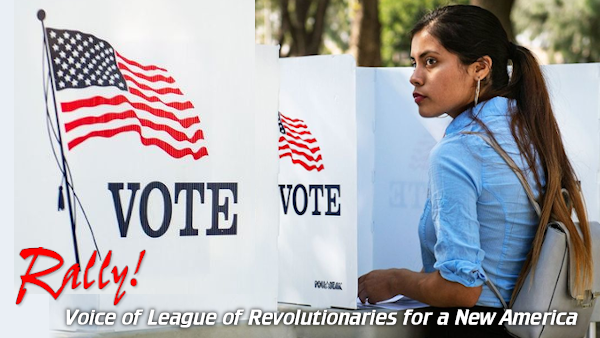


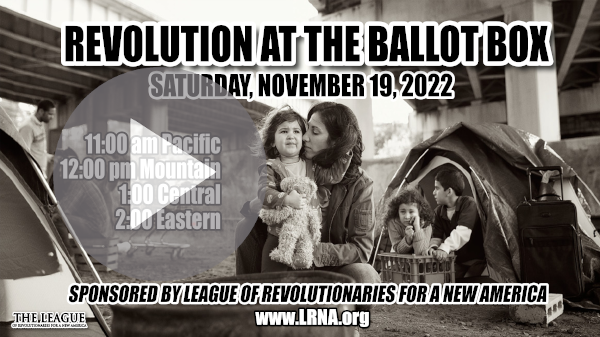
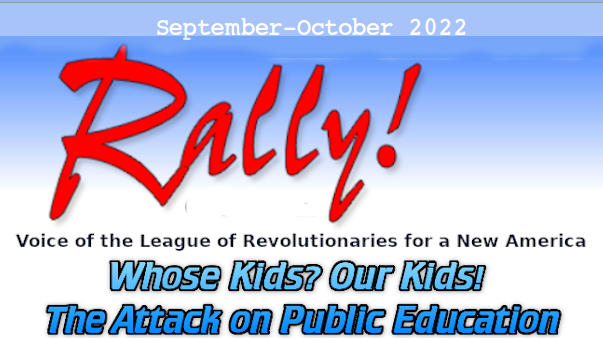
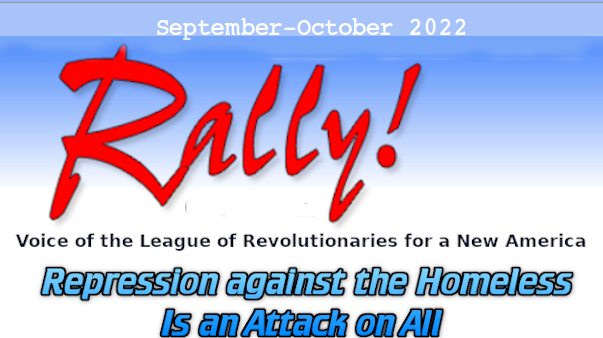
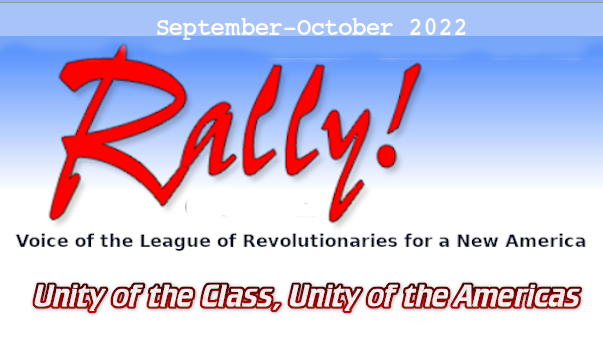
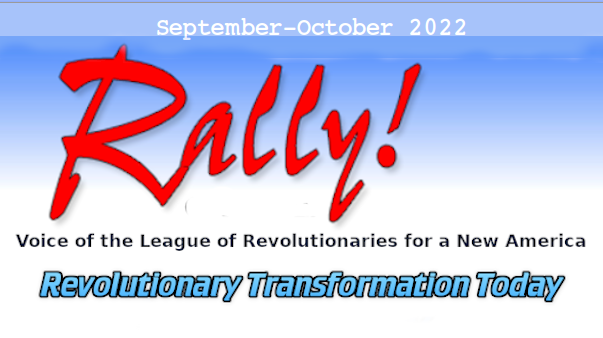
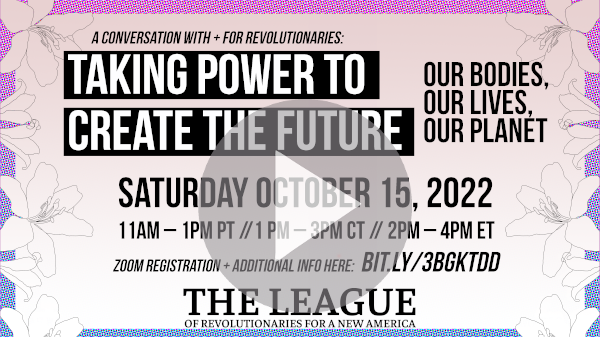

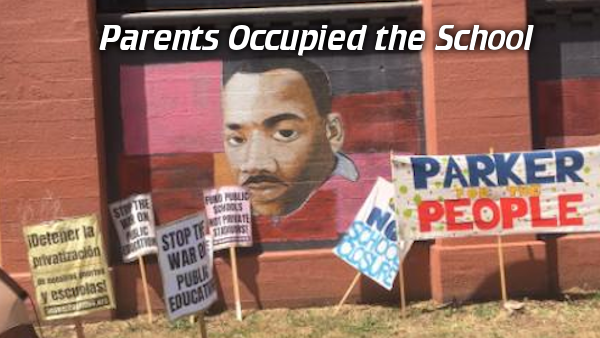
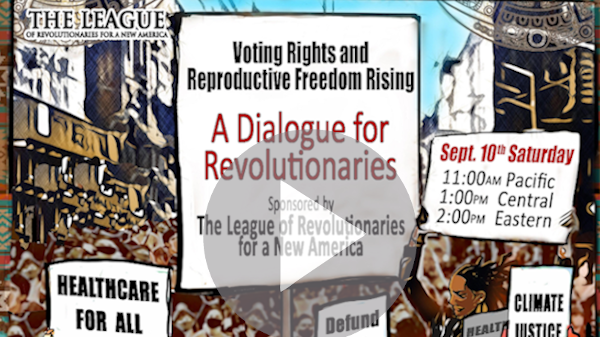
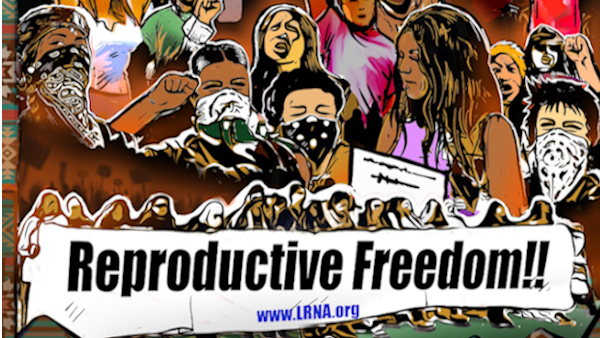
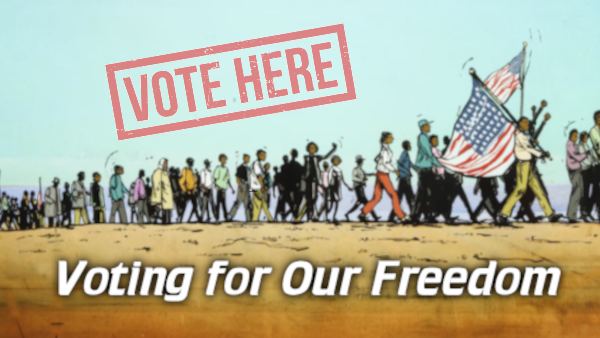

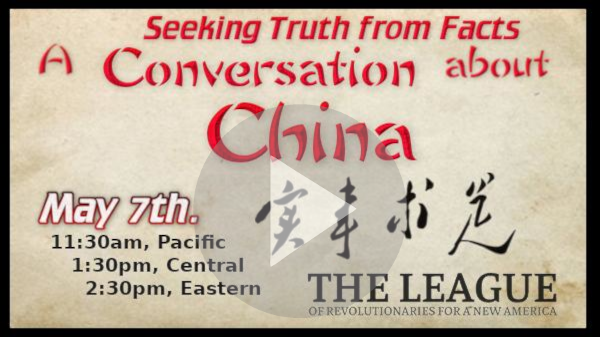






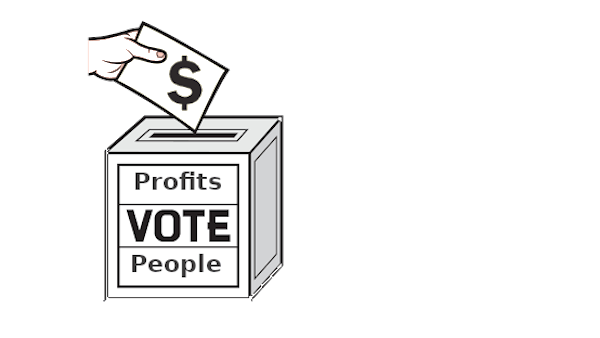
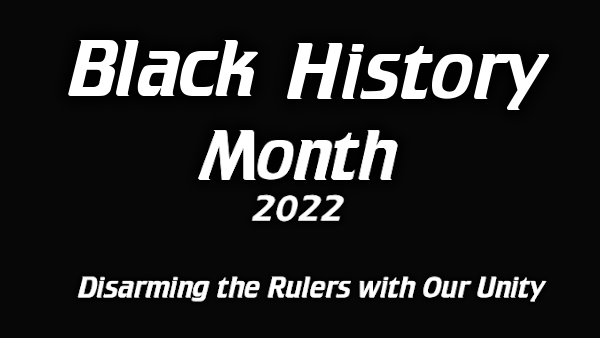

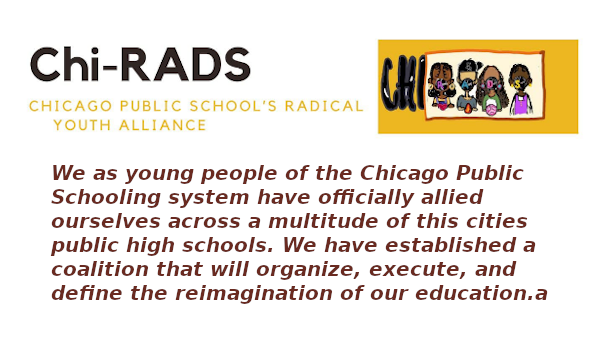

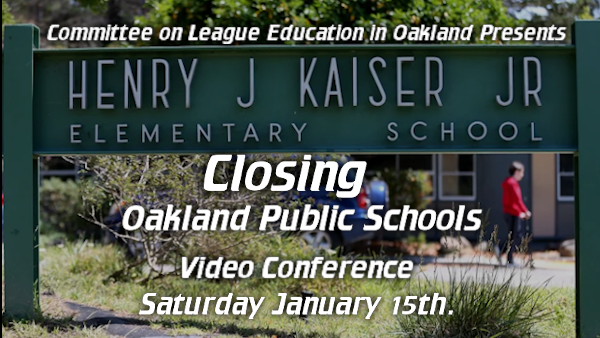
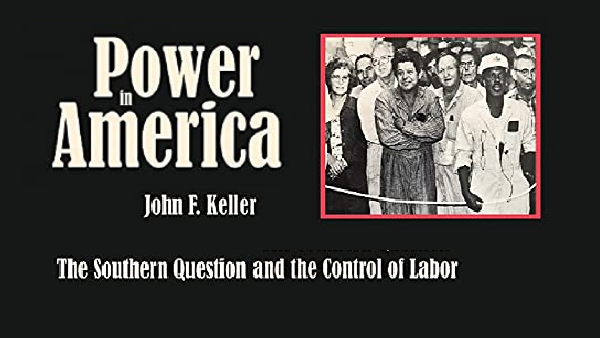
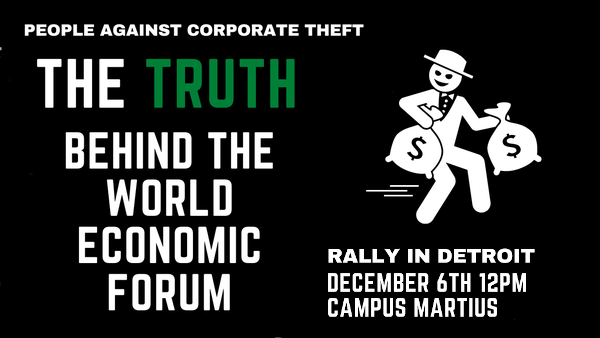
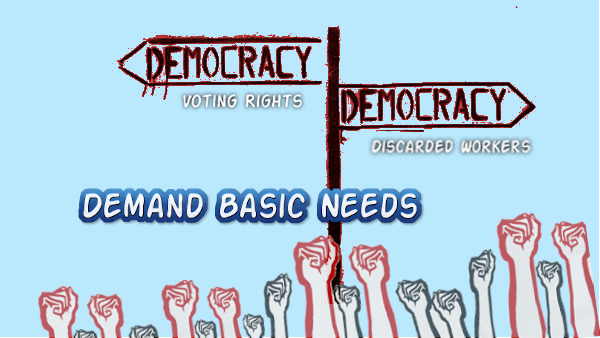
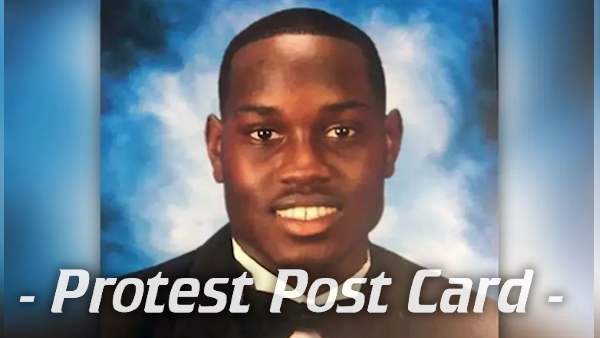
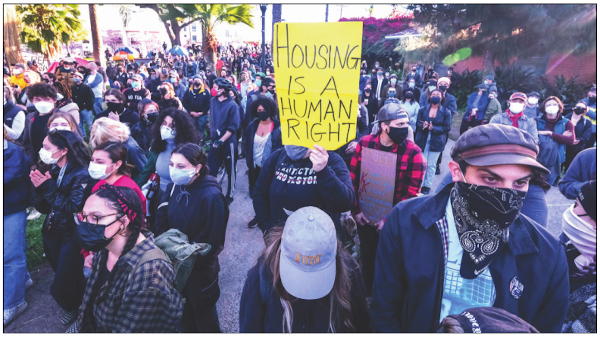
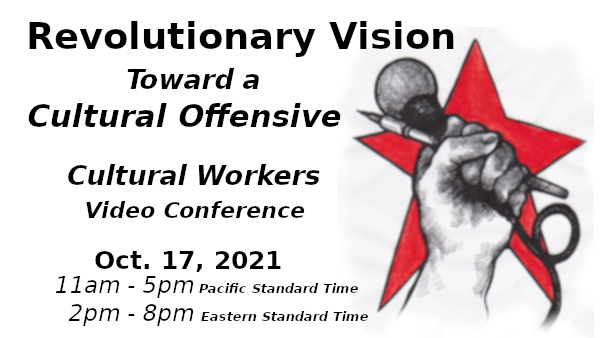


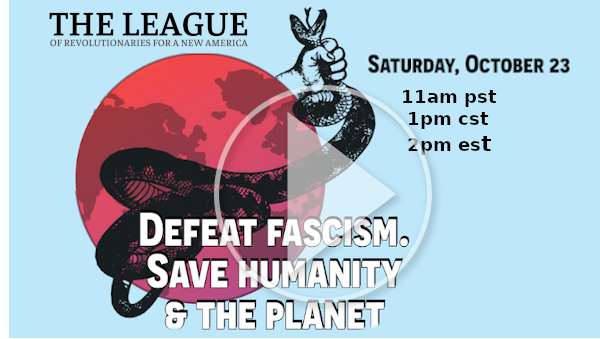

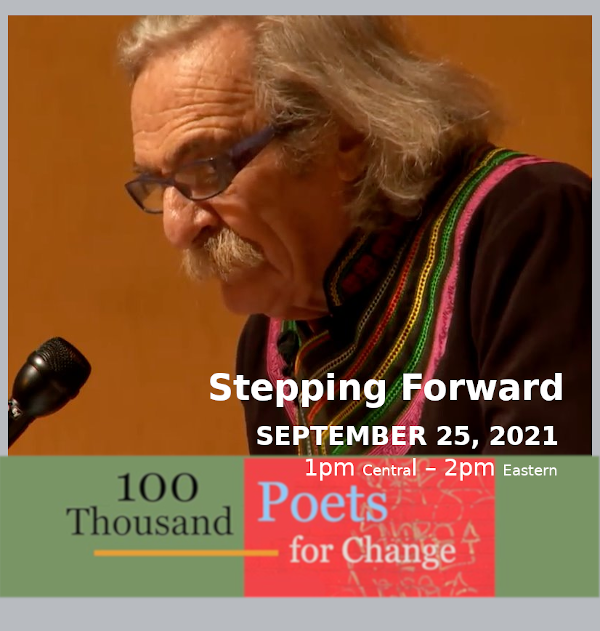

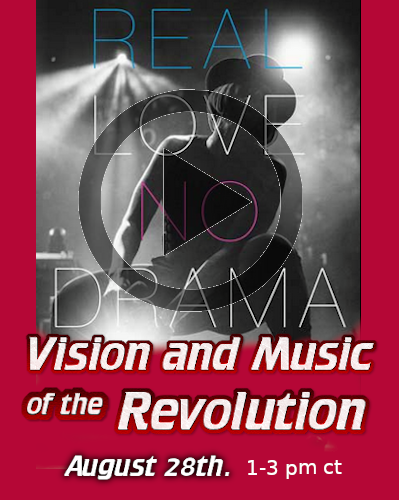
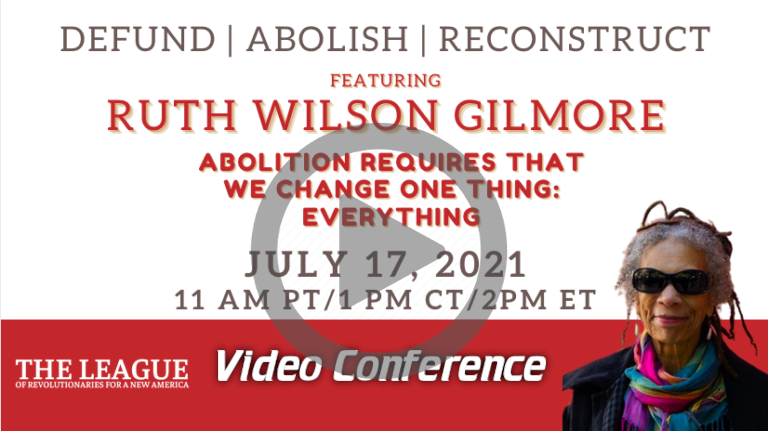
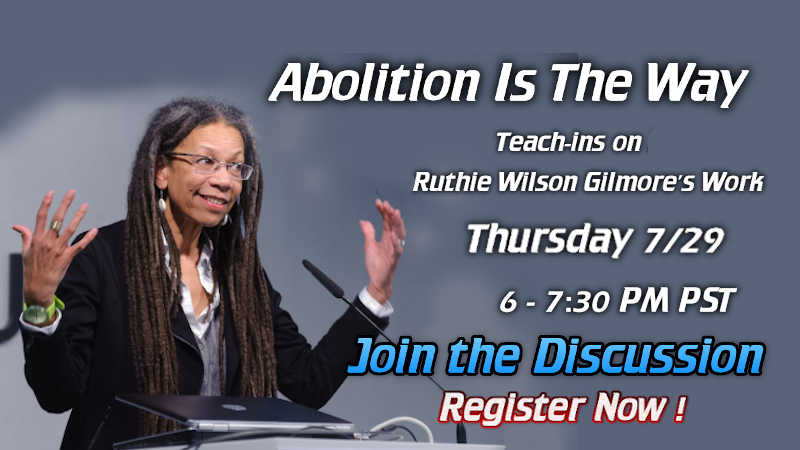


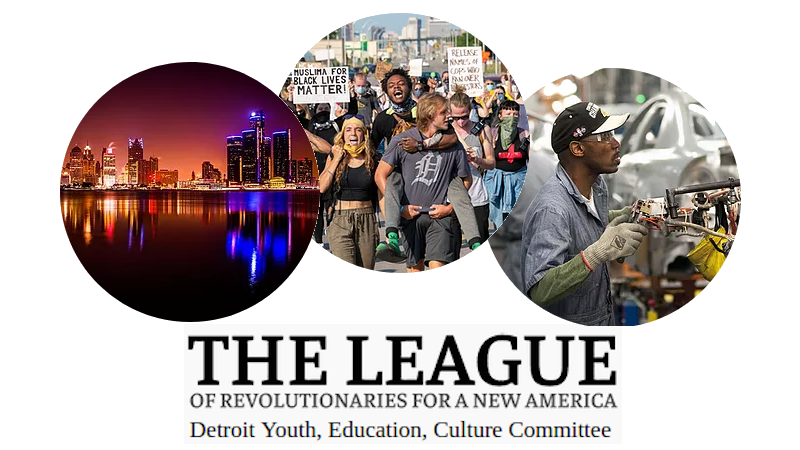
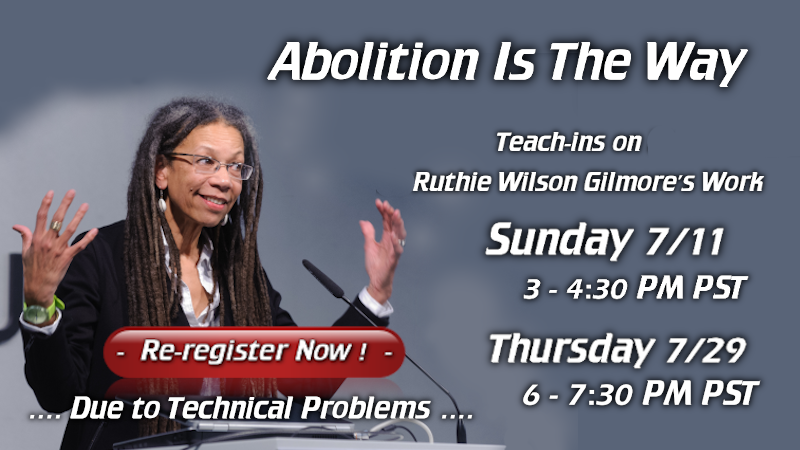


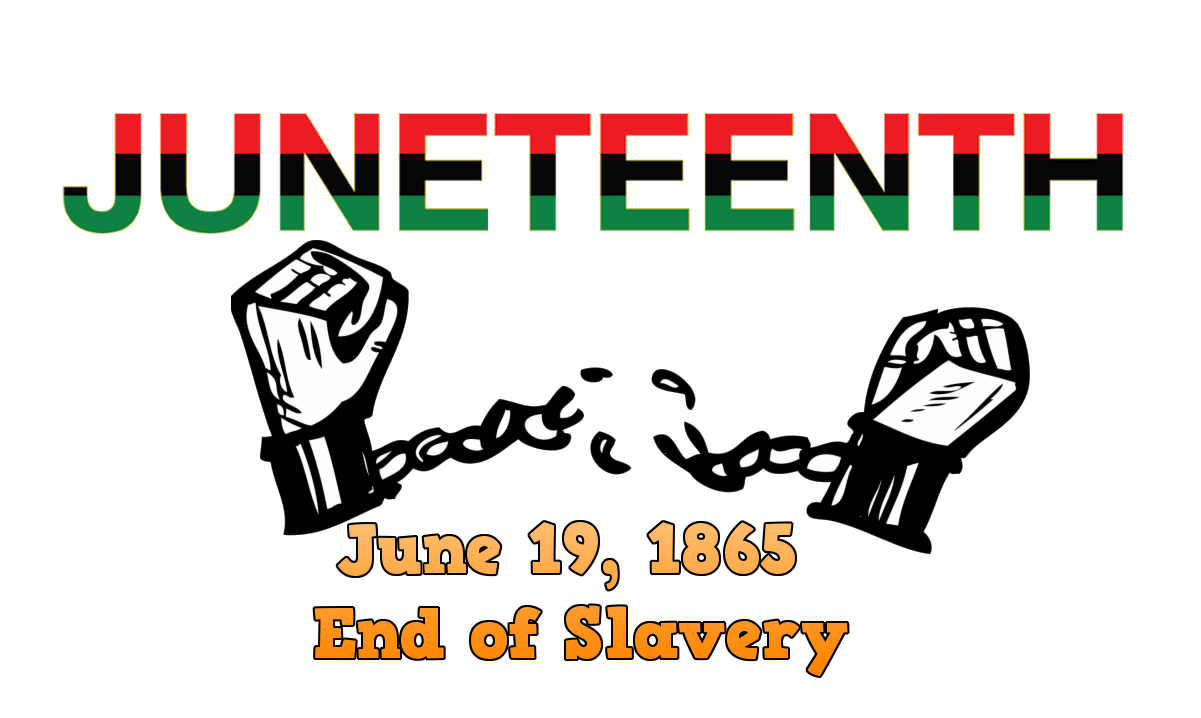

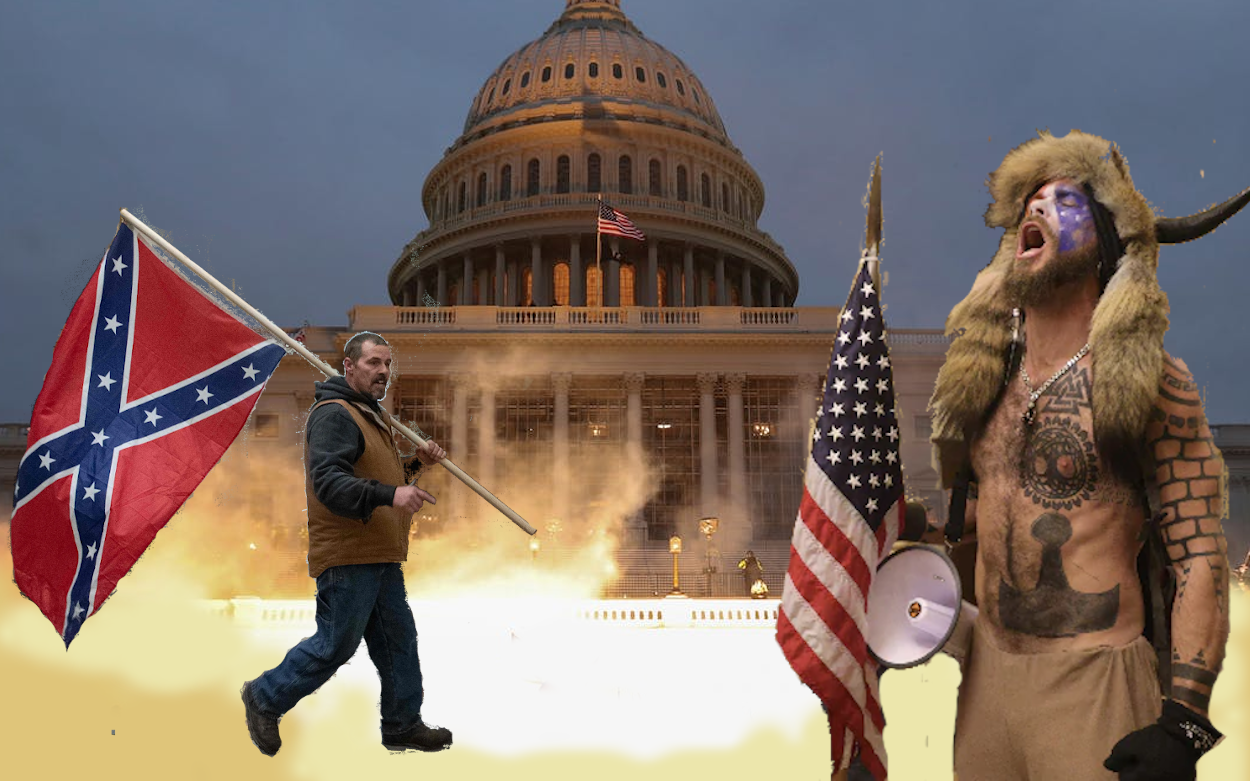
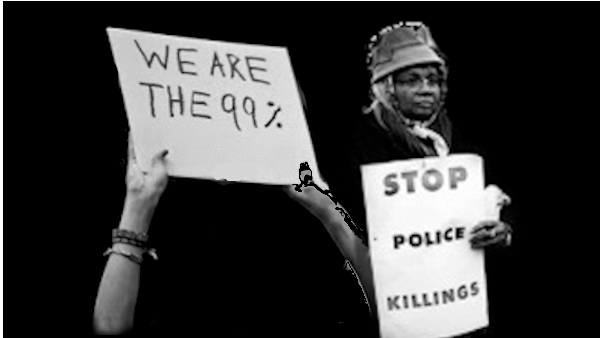
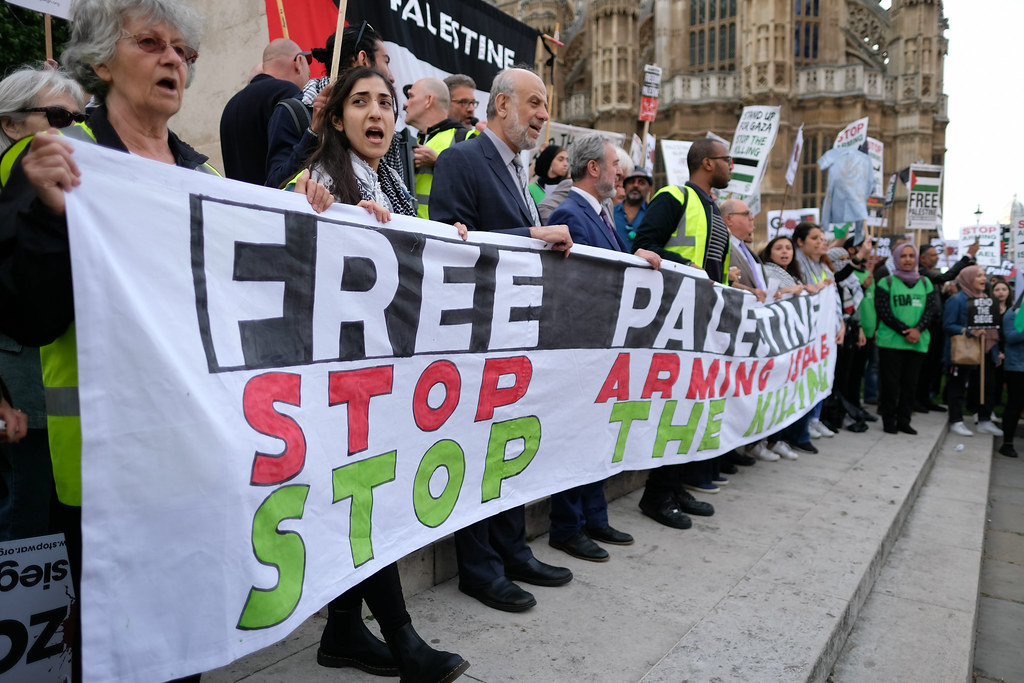



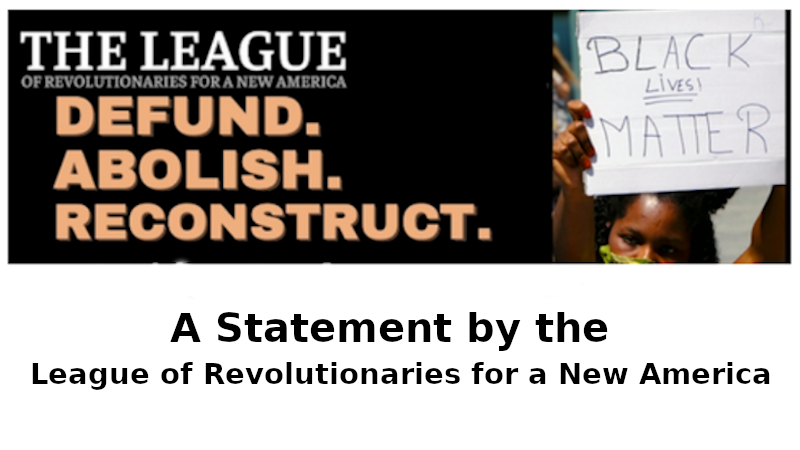
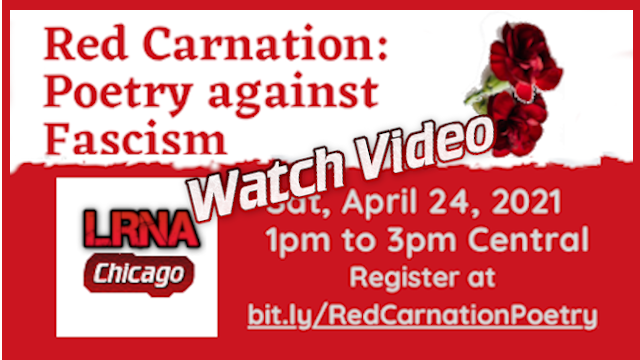
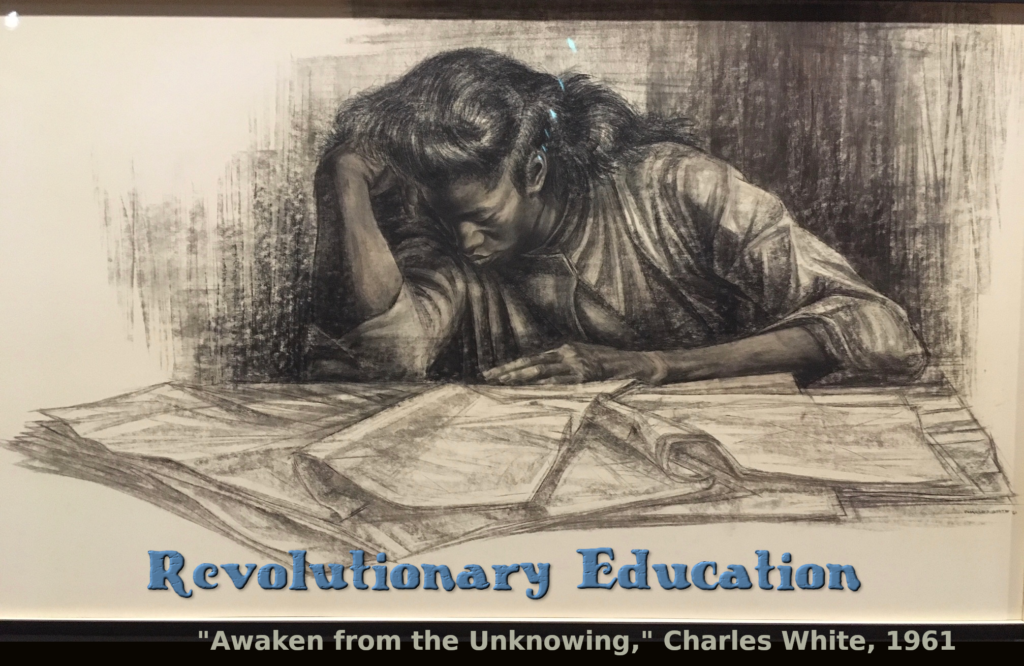



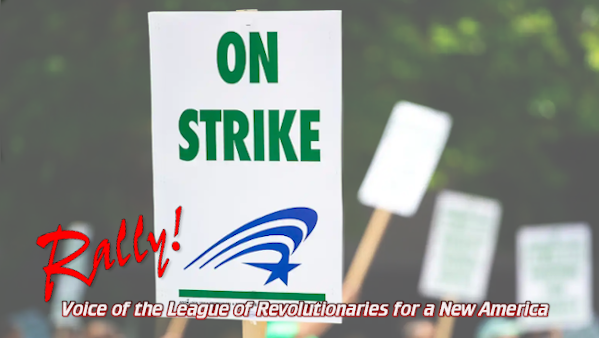
Thank you for this well-written and informative post. The depth of your analysis is impressive, and your writing style is engaging. I learned a lot from this article and will definitely be referring back to it in the future. Keep up the great work!